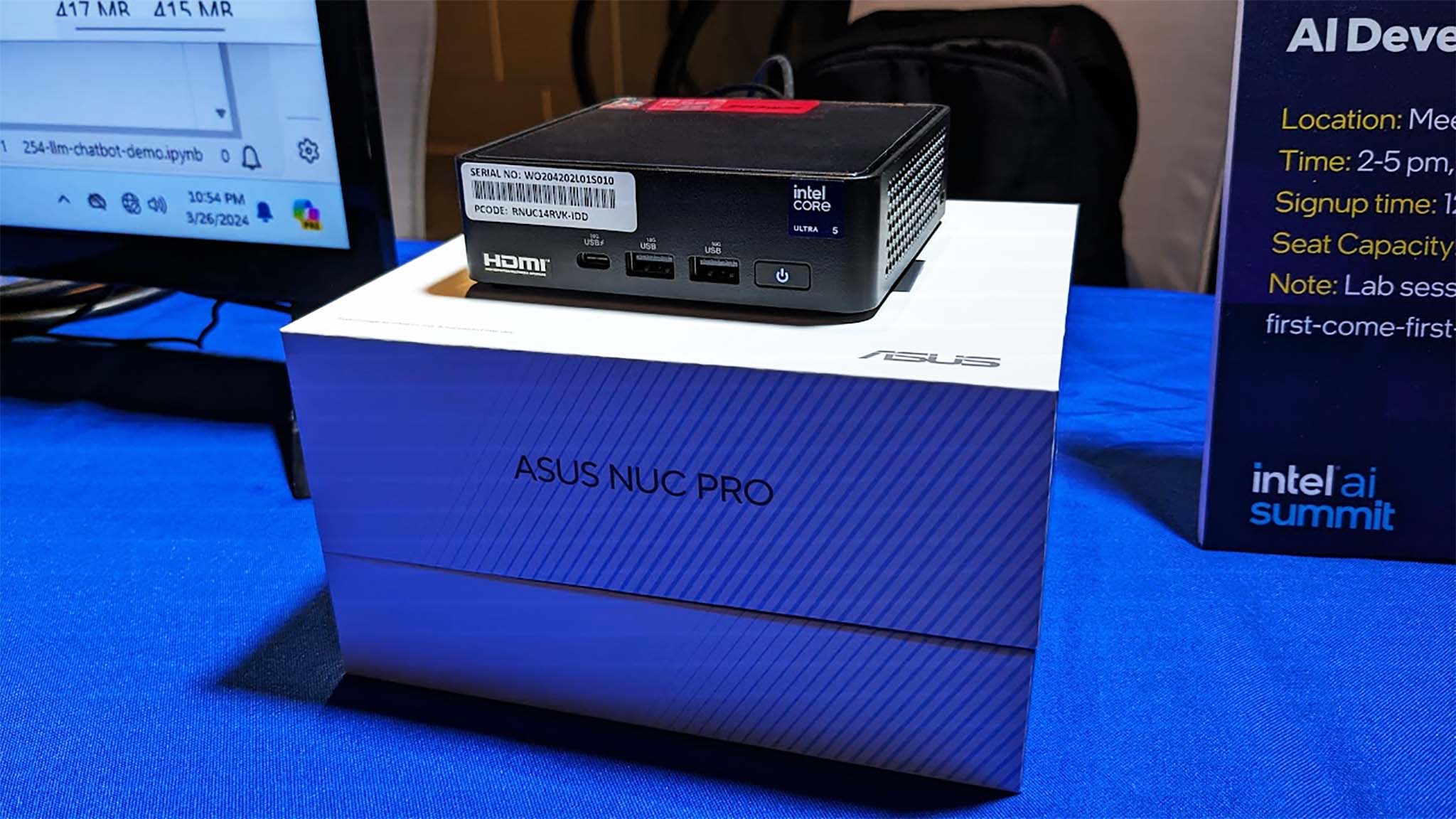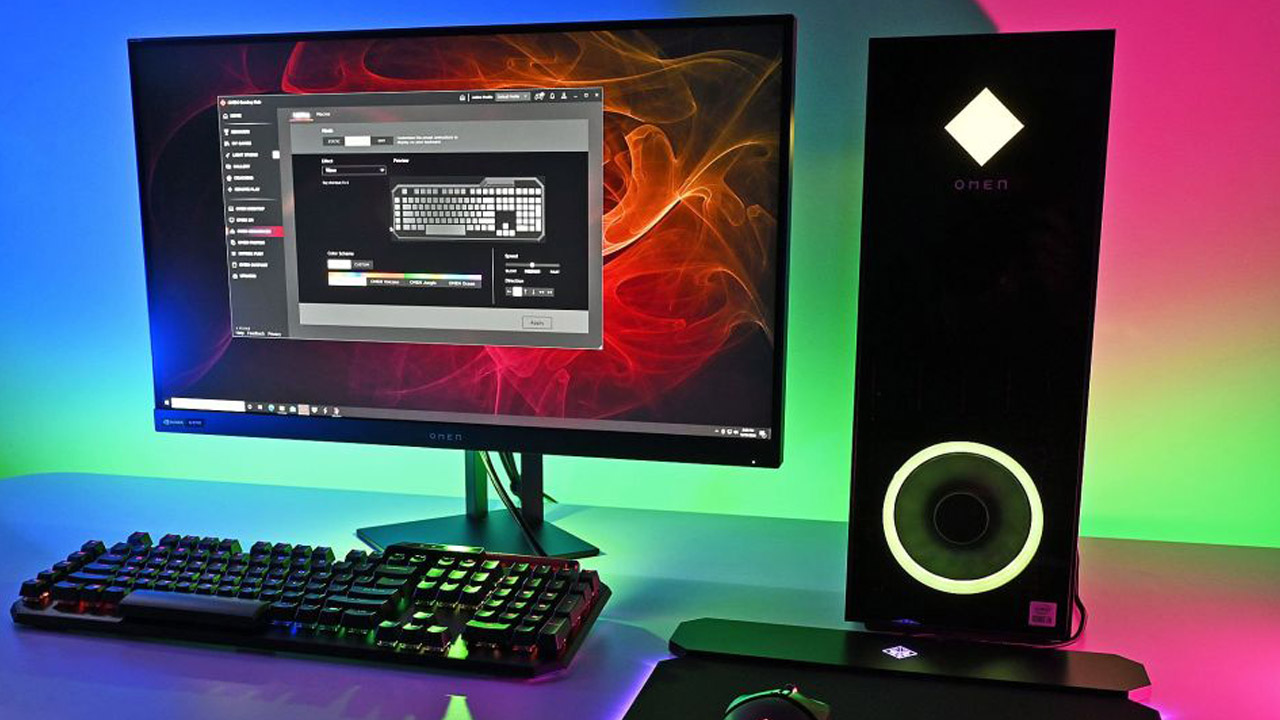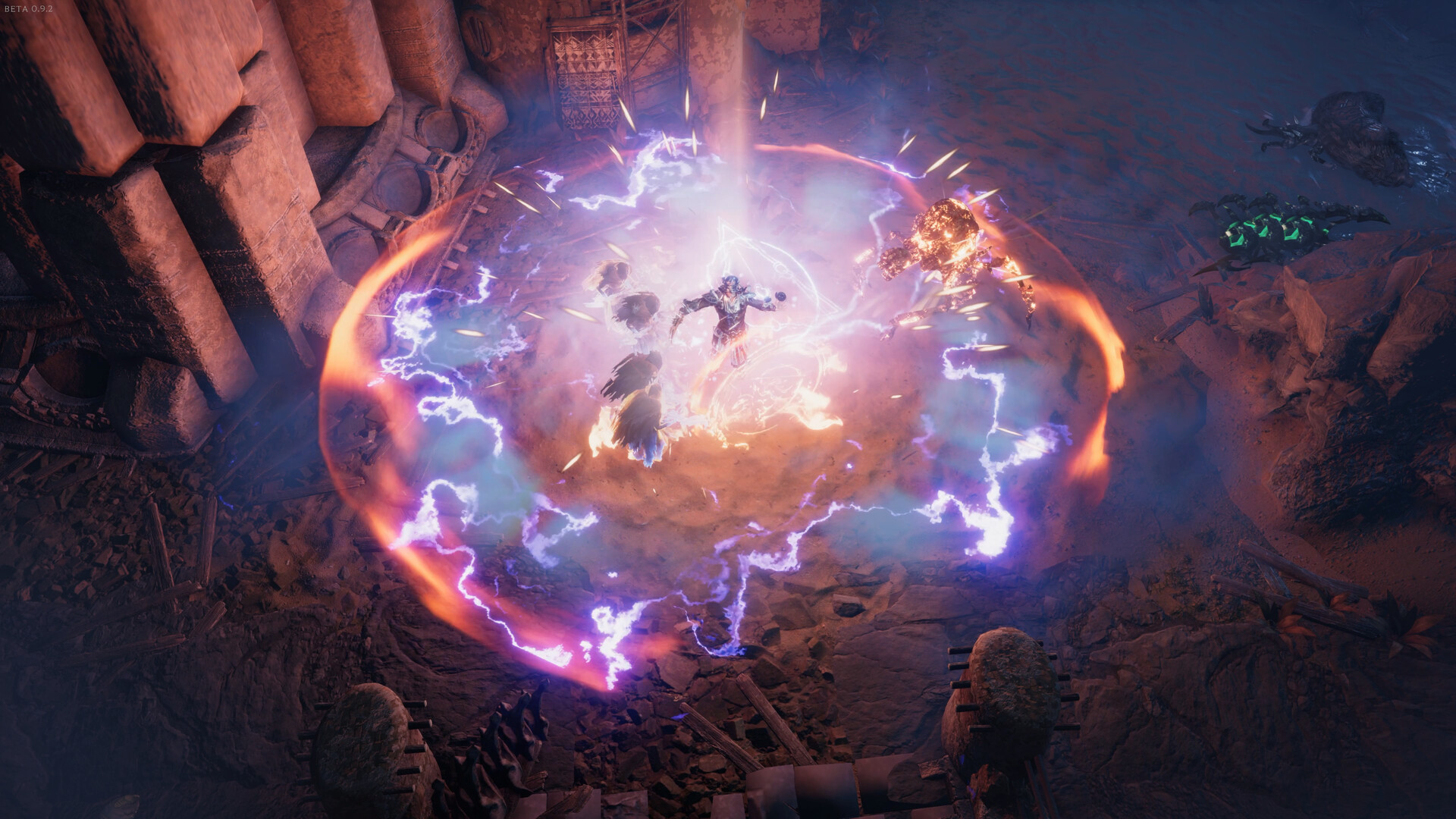Intel shows how AI PCs have the potential to help humanity in ways we've never seen
Intel has created the hardware; now, we need developers to step up with software that showcases its abilities.

AI has almost become a bad word lately. It's labeled as a job taker, an art stealer, a plagiarizer, or a lazy person's tool for writing (i.e., creating a layout for a creepy ripoff of the Willy Wonka experience). But like most tools out there, AI's effectiveness and merits are determined by the skill and intention of the person using it. Recently, Intel reminded me that AI's main purpose is to make the user experience more convenient. Most importantly, it can benefit humanity in new ways we haven't seen before on personal computers.
Last week, I attended the Intel AI Summit, where the chip manufacturing company discussed its new AI-accelerating Core Ultra CPUs (also called Meteor Lake), making it far easier for computers to run AI tasks locally. The company also showed its new Core Ultra NUC dev kits for the thousands of AI developers in attendance.
During the event's initial keynote, I got to see an amazing example of AI being used to assist people in the form of OmniBridge. OmniBridge is an AI program that can recognize American Sign Language and translate it into text right on your computer. That way, people can more easily communicate with each other in real-time without having to wait for an in-person translator, which isn't always available. As I discussed with fellow attendees, it's a true example of "AI for good."
In addition to being an awesome program on its own, OmniBridge got me thinking; now that computers with Neural Processing Units (NPUs) are readily becoming available on the market, we're going to be seeing some amazing new AI programs that will make life a lot easier in many different ways (BTW you can learn more about these new AI processors at our NPU guide).
Obviously, AI isn't new — I've been taking advantage of AI editing tools in Photoshop for over a decade — but what AI can do on personal computers has stepped up a massive notch recently, thanks to NPUs. Video games run far more efficiently due to AI tools accelerated by NPUs. Adobe software now offers impressive new Neural AI tools that can colorize old black-and-white family photos or get rid of distracting pixelation artifacts in images thanks, yet again, to NPUs. Perhaps most importantly, these AI tasks can be done in just a matter of minutes or even seconds, freeing me up to spend more time on other things.


• Best Intel CPUs
• Best AMD CPUs
• Best AMD GPUs
• Best NVIDIA GPUs
• Best computer monitors
• Best small gaming PCs
We're at the point where Intel and AMD have made the hardware, so now we'll soon be seeing developers step up and show us just what these new NPU processors are capable of. So really, it's no wonder Intel held its AI Summit for developers. The more developers start to really take advantage of these new local AI abilities, the more desirable AI-accelerated laptops will become.
I know there's a lot of doomsaying online surrounding the AI discussion and plenty of people are wary of it, but AI isn't something to fight against. It's here, and you'll be just as effective at stopping it as you would be to stop the internet. We should definitely take measures to ensure AI is used correctly and doesn't harm anyone. But the big thing is that AI programs can help us in new ways that we might not have previously considered on personal computers, and that makes for a future I'm excited to be a part of.
Get the Windows Central Newsletter
All the latest news, reviews, and guides for Windows and Xbox diehards.

Self-professed gaming geek Rebecca Spear is one of Windows Central's editors and reviewers with a focus on gaming handhelds, mini PCs, PC gaming, and laptops. When she isn't checking out the latest games on Xbox Game Pass, PC, ROG Ally, or Steam Deck; she can be found digital drawing with a Wacom tablet. She's written thousands of articles with everything from editorials, reviews, previews, features, previews, and hardware reviews over the last few years. If you need information about anything gaming-related, her articles can help you out. She also loves testing game accessories and any new tech on the market. You can follow her @rrspear on X (formerly Twitter).
